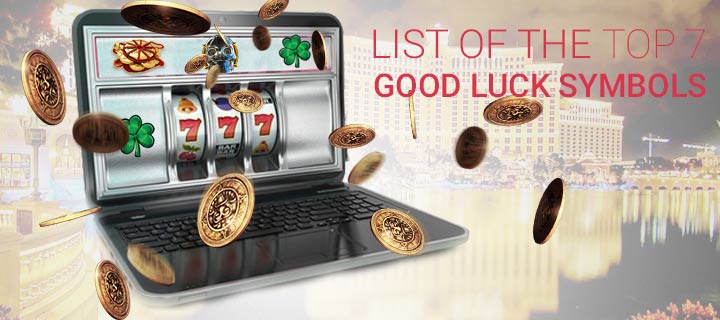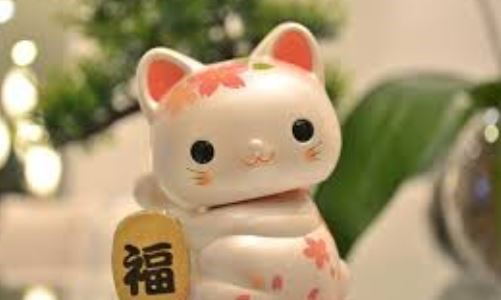7 Good Luck Symbols From Around The World
Posted in newsWhat all casino games have in common is that there’s an element of luck to them. Some, such as table games like blackjack and poker, involve some decision-making and strategy, but these games do have some luck involved as well. In lots of different cultures around the world, there’s a wide range of things that people consider to be lucky. From objects and animals, to plants and numbers, pretty much anything at all can make for a good luck symbol.
The Four-Leaf Clover
This is one of the best known lucky symbols. Clovers usually have three leaves; a four-leaf clover is considered to be a symbol of good luck simply because it’s so rare. It’s been determined that roughly one in every 5,000 clovers will have four leaves. You can also get clovers with five or even more leaves, though these are much rarer than the four-leaf clover. It’s been associated with good luck for quite some time now, though it’s not certain when this superstition started.
The Key
Though keys are very much an everyday object, they’ve actually been considered a good luck symbol for a long time and in many different countries. It’s associated with lovers and the idea is that a key unlocks the door to the heart. In the ancient Greek and Roman times, keys were linked with enabling prayers to reach the gods, as well as prosperity. In Japan, a set of three keys is considered very lucky indeed, as these keys together lead the owner to good health, long-lasting love and plenty of wealth.
The Frog
In many cultures, the frog is associated with good luck. In ancient Egypt, for example, there was a frog goddess who was linked with fertility and birth, and was said to protect newborns from disease and other misfortunes. Frogs were also linked with protecting one’s home from evils. Nowadays, while they’re still associated with fertility, they’re also believed to bring about things like wealth, success, prosperity and friendship.
The Horseshoe
Designed to protect horses’ hoof from wear and tear, the horseshoe is a metallic fitting nailed to the hoof. The particular part of hoof the horseshoe is nailed to (or glued on in some cases) is completely insensitive, so horses don’t feel a thing when having them fitted. The reason the horseshoe is thought to bring good luck is because it was traditionally made of iron, which was commonly used to ward off malevolent spirits many centuries ago. There’s also the fact that seven nails were routinely used to fit the horseshoe in place and seven is widely considered to be lucky. For horseshoes nailed to walls, some believe if the ends point upwards, it’s good luck, whereas others believe that if the ends point downwards, it’s bad luck.
The Alligator Tooth
Though acquiring an alligator tooth isn’t exactly easy or safe, that hasn’t stopped it from becoming a good luck symbol. In parts of Africa, it’s believed that if you have an alligator tooth with you when gambling, you’ll have a higher chance of scoring a win. This is despite the fact that alligators aren’t native to Africa - they’re found in parts of the USA and China. It’s not certain where the connection between alligator teeth and good luck came from.
The Maneki-neko
More commonly known as the ‘beckoning cat ‘, the Maneki-neko is a type of figurine used frequently throughout Japan to bring about good luck. The figurines are more of plastic or ceramics and depict a sitting cat with its right front paw raised. They come in all sorts of shapes, colours, sizes and varieties; some are even battery-powered and have the right paw move up and down.
The Maneki-neko can often be seen in shops, restaurants, homes and any place of business. It’s believed to have originated in Tokyo in the mid-19th century. Because of its popularity in China, many people mistake it for a Chinese symbol of good luck.
The Number 8
In Chinese culture, the number 8 is believed to be lucky because it sounds like the word for ‘prosper’. The Chinese character for ‘double happiness’ also resembles the number 88. In China, numbers containing lots of 8s are considered lucky and attempts are often made to incorporate the number 8 into aspects of daily life wherever possible. For the 2008 Summer Olympics in Beijing, it was arranged that the event would start on 8/8/08 at exactly 8 seconds and 8 minutes past 8 local time.



